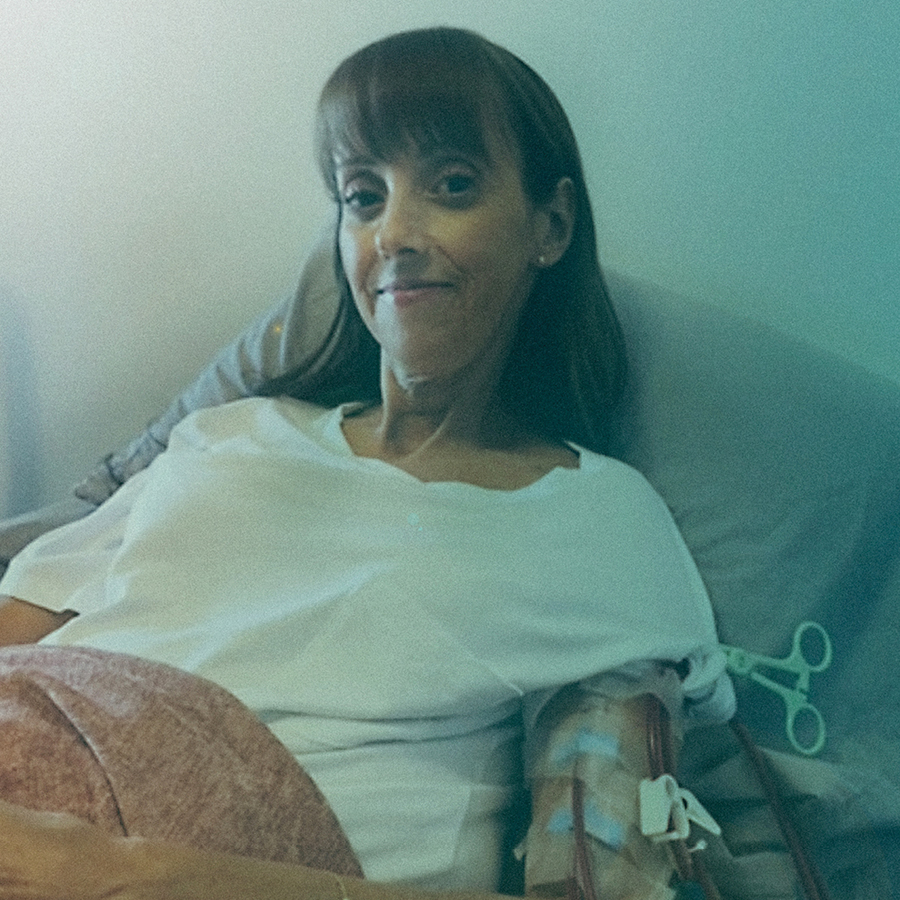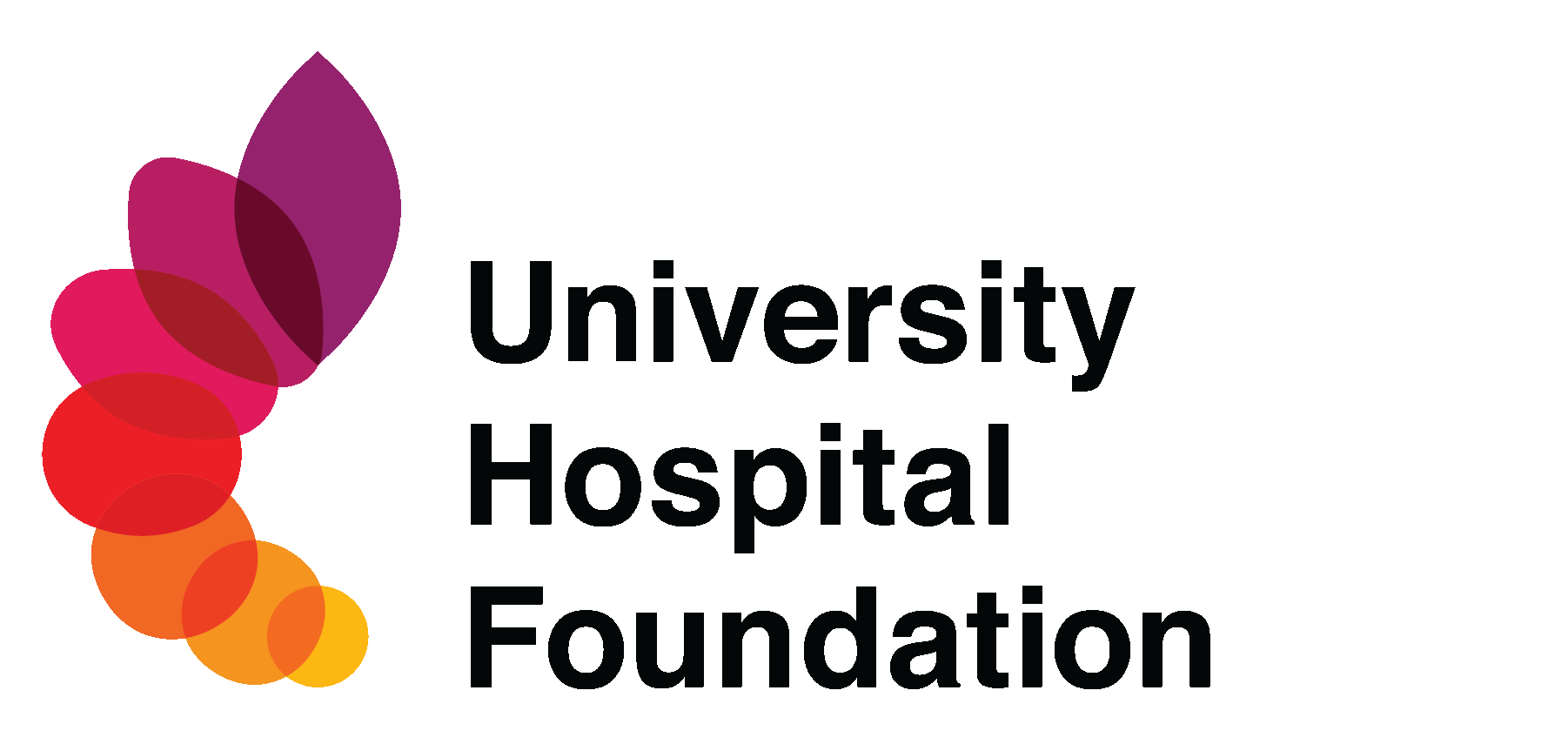- 1-833-448-3843 Make a call.
- info@givetouhf.ca Drop us an email.
- We are located in Edmonton, Alberta
Safe at home: Taryn's story
Thanks to donor support, hemodialysis, patients have more options to get treatment at home

“Home hemodialysis has given me my life back. It’s convenient. It’s empowering.” – Taryn Gantar
Taryn Gantar refused to believe what the doctor was telling her.
“He told me my kidneys were functioning at three per cent and I had to go on dialysis immediately.
“I went straight into denial. There was no way he could be right, even though I felt really awful.” That was 20 years ago, when Gantar was 23, and the mother of a one-year-old daughter.
Nine months after the diagnosis, she relented. “I felt so horrible. That’s when I learned that with kidney failure, you can hate dialysis all you want, but if you don’t do it you die, so you really have no other choice.”
She is one of over 1500 people living with end-stage kidney disease who receive treatment through Alberta Kidney Care – North, headquartered at the University of Alberta Hospital.
Patients receiving hemodialysis in-hospital are put on a regular schedule of four hours per day, three days per week, plus additional time, and energy, which is not in abundance, traveling to and from the hospital, looking for parking, and even walking back and forth from the dialysis unit, which may not sound like a big deal, but is. “You feel so terrible after dialysis,” says Gantar. “The last thing you want to do is walk back to your car and drive home.”
Ten years ago, Gantar decided to try dialyzing at home, a decision that she credits for turning her life around. “Home hemodialysis has given me my life back. It’s convenient. It’s empowering. You dialyze when you want for as long as you want. And you feel so much better. You can do things that other people do. I work full time. I volunteer for the Kidney Foundation.”
Dialyzing at home is also safe – especially during COVID-19. “Being able to have patients dialyze at home is enormously desirable in the setting of a global pandemic,” says Dr. Robert Pauly, Home Hemodialysis Medical Director, Alberta Kidney Care – North. “As a result of COVID-19, many healthcare resources have been scaled back or redeployed toward essential services; one notable exception has been training for home therapies. This shows the inherent value our system has placed on continuing to encourage people to receive their therapy in a setting that is much better for them.”
One of the largest home hemodialysis programs in Canada, Dr. Pauly credits community support for providing critical funding needed to purchase additional home dialysis machines.
In 2012, Edmonton philanthropists Matt and Betty-Jean Baldwin made a $1 million donation to the University Hospital Foundation. The University Hospital Foundation matched their gift with a $1 million gift of its own, to fund the purchase of 45 additional home hemodialysis machines for the University of Alberta Hospital. With this increase, the program expanded to 100 machines.
“The growth that we’ve had in our program is a direct result of collaboration between the University Hospital Foundation, Alberta Health Services, and a dedicated multidisciplinary team of doctors, nurses, biomedical technologists, social workers and dietitians,” says Dr. Pauly. “Together, we can help our patients get home and stay at home.”
